Leigh MacMillan
-
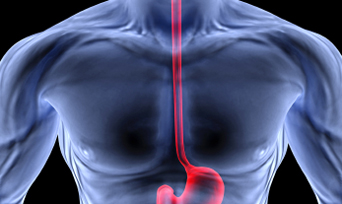
Dual-action enzyme protects esophagus
An antioxidant enzyme also functions as a tumor suppressor to limit cancer development in the esophagus. Read MoreMay 9, 2013
-
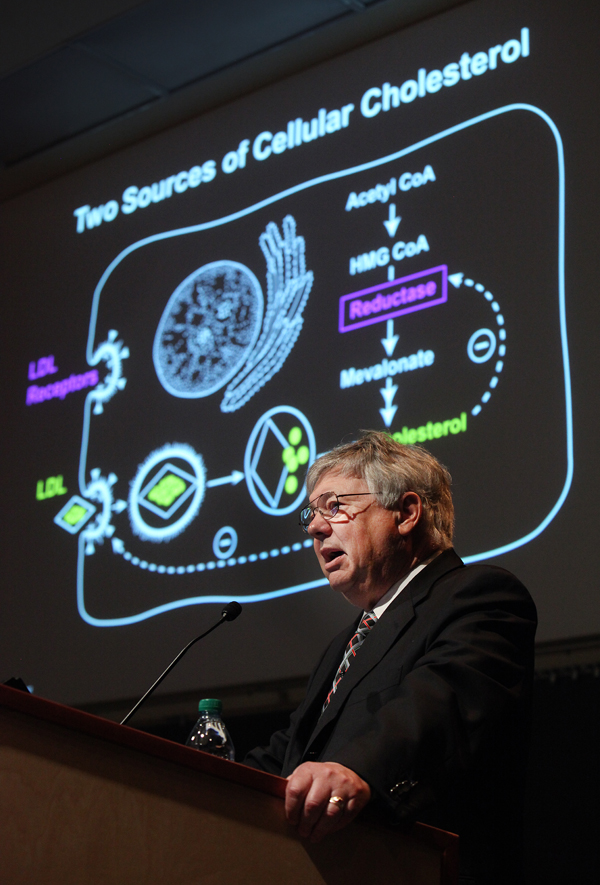
Nobel laureate describes decades-long pursuit of cholesterol regulation
Nobel laureate Michael Brown, M.D., describes his quest to understand cholesterol during the 2013 Earl W. Sutherland lecture. (Photo by Susan Urmy) Cholesterol is a tricky molecule to keep in balance. It’s a building block for the cell membrane and is required for cell growth and survival. Read MoreMay 2, 2013
-

Taking the ‘noise’ out of protein data
Vanderbilt researchers have developed a novel algorithm to improve results from proteomic studies. Read MoreMay 1, 2013
-
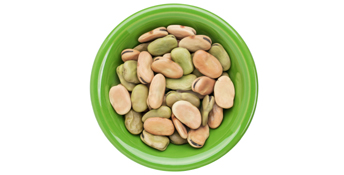
Fava beans’ impact on urine sodium
Eating fava beans increases dopamine in blood and urine, but does not stimulate urinary sodium excretion. Read MoreApr 29, 2013
-

Factor reduces virus-related asthma attacks
An immune system factor associated with severe asthma may actually reduce asthma attacks induced by viral infections. Read MoreApr 26, 2013
-

UT Southwestern’s Brown set to deliver Flexner Discovery Lecture
Nobel laureate Michael Brown, M.D., whose research paved the way for the development of cholesterol-lowering statin drugs, will deliver the next Flexner Discovery Lecture on Thursday, April 25. Read MoreApr 18, 2013
-

Nobel laureate stresses need to develop biomarkers
After 40 years in basic science working with yeast cells, Nobel laureate Lee Hartwell, Ph.D., has turned his attention in a new direction. Read MoreApr 18, 2013
-
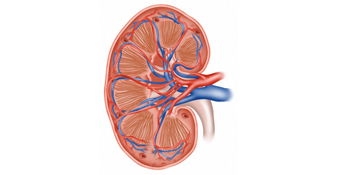
‘Longevity’ gene aids kidney survival
A gene associated with cell survival and longevity may protect the kidney from acute injury. Read MoreApr 17, 2013
-

A role for blood vessels in delirium?
Dysfunction of the endothelial cells that line blood vessels may contribute to delirium and coma in critically ill patients – and could be a target for therapy. Read MoreApr 15, 2013
-
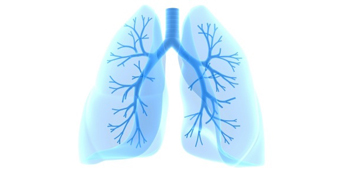
Lung damage protector
Targeting repair pathways in the lung’s air sacs may be a valuable therapeutic direction for pulmonary fibrosis – the scarring of lung tissue. Read MoreApr 12, 2013
-
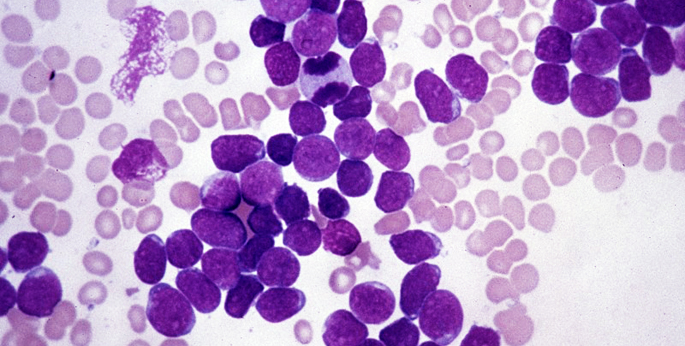
Leukemia culprit’s cellular actions
Overexpression of a gene that is a common culprit in leukemia induces stem cell-like features in T cells, which may enable the cells to become cancerous. Read MoreApr 11, 2013
-

Nobel laureate Hartwell set for Discovery Lecture
Nobel laureate Lee Hartwell, Ph.D., will deliver the next Flexner Discovery Lecture on Thursday, April 11. Read MoreApr 4, 2013
-
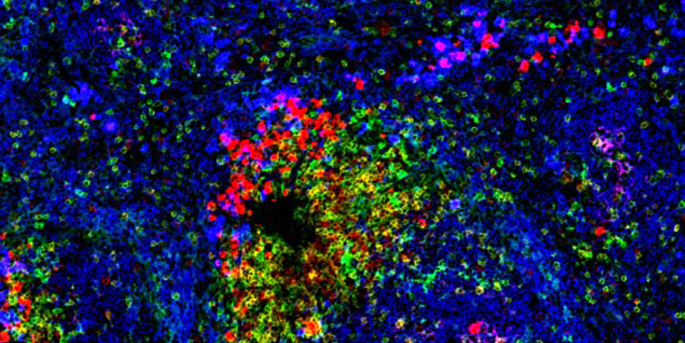
“Silent” B cells trigger autoimmunity
Immune cells that recognize self antigens (e.g. insulin), but are functionally silent, can trigger autoimmune diseases such as diabetes. Read MoreApr 3, 2013
-

Fingers and toes: joint forming factor
The gene Has2 participates in signaling that is important in developing fingers and toes, and may have relevance for cancer development. Read MoreApr 1, 2013
-

Plant compound stops colon cancer cells
Berberine, an herbal remedy for diarrhea and intestinal parasites, may be useful in colon cancer therapy. Read MoreMar 29, 2013
-

Oxford’s Collins set for Discovery Lecture
Sir Rory Collins, MB BS, professor of Medicine and Epidemiology at the University of Oxford, England, will deliver the next Flexner Discovery Lecture on Thursday, April 4. Read MoreMar 28, 2013
-
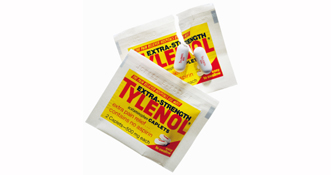
Acetaminophen: protective in sepsis?
In critically ill patients with sepsis, plasma hemoglobin may be a new indicator of disease severity – and a potential target for treatment with acetaminophen. Read MoreMar 28, 2013
-
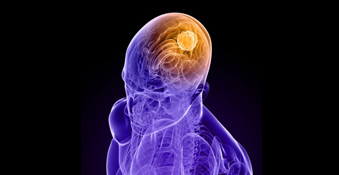
New drugs a good BET for brain cancer
A novel class of drugs that target “BET” proteins may have broad utility for treating genetically diverse brain tumors. Read MoreMar 20, 2013
-

IRF6 on the tip of tongue development
The factor IRF6 plays important roles in the development of the tongue. Read MoreMar 18, 2013
-

Diagnostic codes identify smoking status
Diagnostic codes used for billing purposes effectively identify smokers in a general clinic population and can be used to adjust smoking status in genetic and epidemiologic studies. Read MoreMar 15, 2013